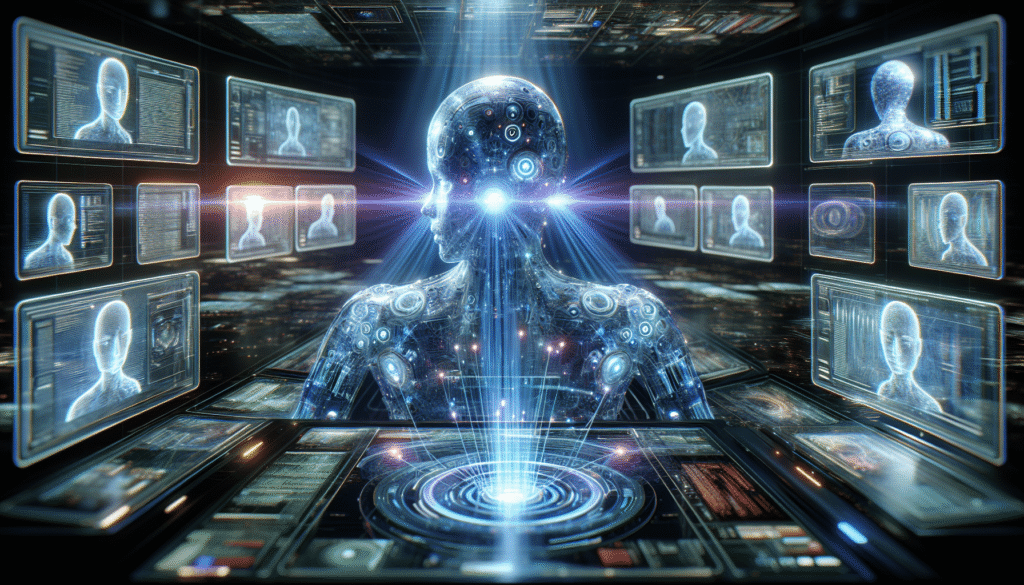
Marketing technology was already evolving at breakneck speed when generative AI entered the scene. Now, agentic AI — AI that can operate independently, execute multi-step tasks and continuously learn from interactions — promises to accelerate that evolution even further.
Unlike earlier AI tools that augmented human work, agentic AI can autonomously orchestrate campaigns, resolve customer roadblocks and optimize engagement at scale, often with minimal human oversight. For marketers, that means both opportunity and upheaval in how work gets done and using martech platforms.
Rethinking orchestration and integration
Most marketing automation platforms have evolved into customer journey orchestration systems, mapping and guiding prospects across channels. Agentic AI takes this further by connecting applications, data sources and actions in real time — reacting instantly to customer behavior and adjusting journeys dynamically.
Dig deeper: AI’s big bang effect means marketing must evolve or die
That requires a far more integrated martech stack. Agentic AI can only act on the data and systems it can access, which means breaking down silos and ensuring unified data flows across channels, audience segments and journey stages. Just as necessary: creating feedback loops so AI agents can learn and improve over time without constant manual intervention.
A force multiplier for marketers
Agentic AI isn’t about replacing marketers but elevating their role. Automating tedious, repetitive work frees teams to focus on strategy, customer experience design and cross-platform optimization.
Instead of managing manual campaign triggers or shuffling data between tools, marketers will oversee data flows, design feedback loops and fine-tune AI guidance. AI agents become team members, handling execution so humans can focus on higher-value decisions.
A value maximizer for brands and customers
The benefits extend beyond efficiency. Agentic AI can unlock institutional knowledge, bridge tech silos and enable coordinated actions across marketing, sales and customer success. This increases the value of existing tools and delivers more consistent customer experiences — reducing the friction caused by disconnected systems and teams.
When customer data is clean, connected and accessible, AI can inform every touchpoint — from marketing outreach to service interactions — with context and continuity.
Dig deeper: The secret to getting your marketing team to use AI
Deploying agentic AI will reshape team structures, workflows and skill requirements. CMOs and marketing leaders should:
- Reassess integration: Ensure a seamless flow of content, data and assets across the martech stack so AI agents can act without human intervention.
- Prioritize data quality: AI needs high-quality, context-rich data. Modernize governance, architecture and access to centralize and standardize customer and business data.
- Guide the data flow: More data isn’t always better. Direct agents to the most relevant inputs and filter out noise.
- Strengthen AI governance: Monitor agent performance against business goals. Train marketing teams to fine-tune AI output and troubleshoot, rather than relying solely on IT.
The bottom line
Agentic AI can automate execution, optimize engagement and maximize value across the customer lifecycle — but only if the foundations are in place. That means integrated systems, unified data, transparent governance and marketers ready to take on a more strategic, oversight-driven role.
Those who prepare now won’t just keep up with the pace of change — they’ll set it.
The post Agentic AI is about to transform the martech stack — and the way marketers work appeared first on MarTech.
Go to Source
Author: Greg Kihlstrom

